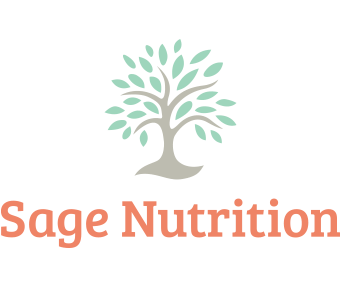Eating Disorders
Nutrition therapy is an integral component of treatment for eating disorders and disordered eating. We support individuals in normalizing their eating patterns in an effort to adequately meet the body’s daily nutritional needs and build a balanced relationship with food.
By participating in nutrition therapy and practicing lifestyle changes, individuals are better able to listen to and trust their body’s internal cues to determine hunger and fullness. We recognize that underlying thoughts and emotions are at the core of eating disorders.
Because of this, the relationship individuals have with food, eating, and nutrition can play a major role in inhibiting or promoting their recovery process. Sage Nutrition seeks to work hand-in-hand with an individual’s team of medical professionals to best serve our clients and help you achieve lasting recovery.
Services may include:
- Individual Sessions
- Family Sessions*
- Food Exposure Work*
- Meal Plans*
* as appropriate
Intuitive Eating | Mindful Eating
Intuitive eating is a practice of re-learning the instinctive hunger and fullness/satisfaction cues we had as babies and integrating that ability back into our relationship with food and body.
Many individuals face mindless eating habits and struggle to find balance in their relationship with food. Sage Nutrition is committed to examining the cycle of eating for each individual; looking at the how, why, what, where, and when of an individual’s relationship with food.
We recognize the challenges of integrating a mindful approach into one’s life, but we also believe it is possible, and necessary, for individuals to gain a greater understanding of food and to take charge of the decisions one makes around food. Food is meant to nourish our bodies, not nurture it. Developing a balanced relationship with food is essential for living a life free from dieting and disorder.
Disordered Eating
Disordered eating is when someone’s relationship with food is harmful or hurtful to them (or the people around them) and can include a wide variety of behaviors in relationship to food that interfere with an individual’s everyday life.
Behaviors may include:
- Chronic dieting
- Binge eating
- Frequently weighing self
- Skipping meals regularly
- Eliminating, restricting, and/or avoiding food groups
- Implementing rigid rules around food
- Feeling guilty when eating certain foods
- Restricting intake based on weight or body size
- Compensating for food intake
Are you ready to get started?
Get in touch to learn more or schedule an appointment.


